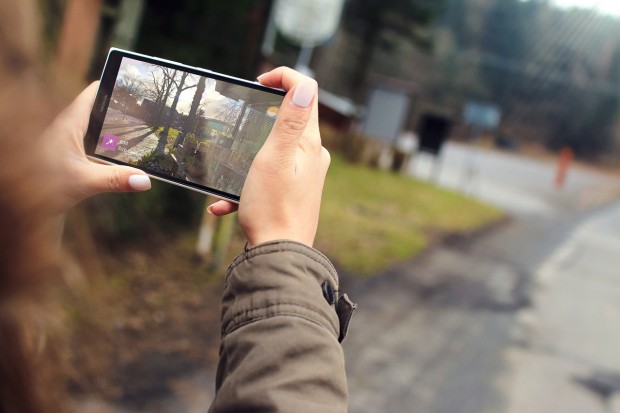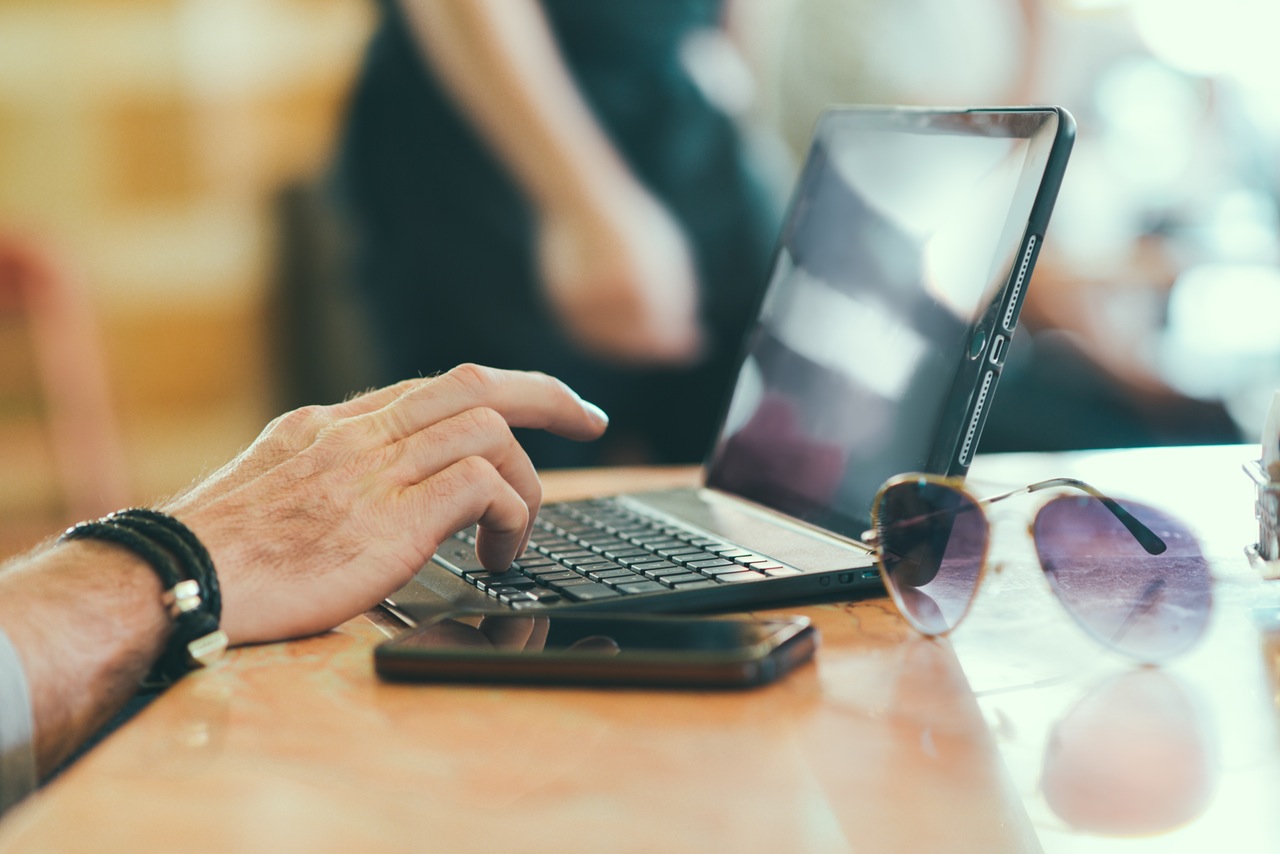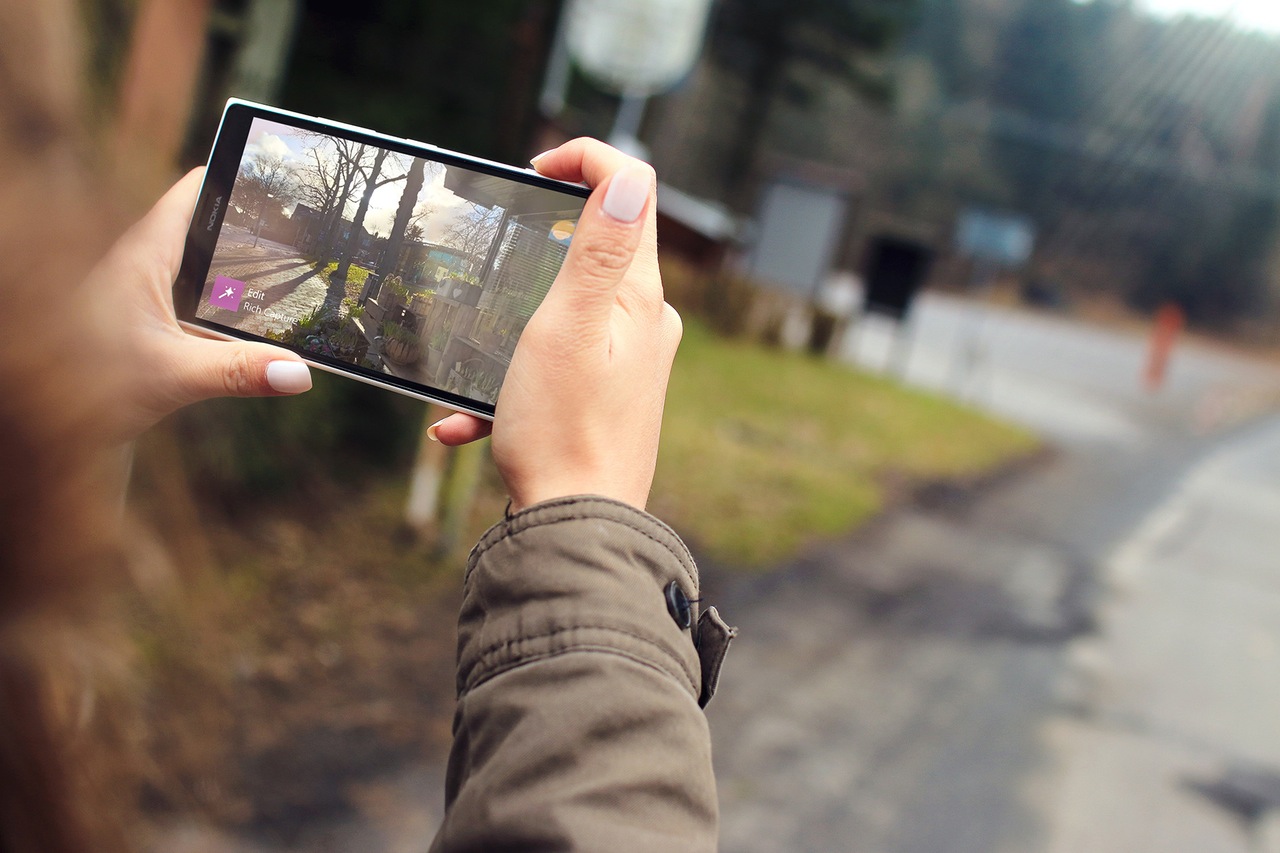Everyone loves to get away on holiday, whether you’re heading out for a romantic city break or setting off for the gap year of a lifetime. However, the last thing aspiring travelers take into consideration when preparing for a trip is their online security. Unfortunately, many cybercriminals have started to specifically target travelers, and falling victim to an attack while abroad could not only ruin your holiday, it could also put you in an extremely difficult situation. By knowing the risks and taking the appropriate steps to protect yourself, you can travel and access the internet with complete confident.
Trusting Public WiFi
Unfortunately, being away from home often means relying on public WiFi in order to get online. Although these networks are becoming increasingly popular and easy to find, they also bring with them a significant risk that most holidaymakers don’t consider. As they are open networks, any information you input while connected—including bank details and important passwords—can be easily intercepted by anyone else who is using it at the same time. Because of this, malicious hackers use these hotspots as a catalyst to collect information to use for monetary gain, identity theft and even fraud.
Falling for Rogue Hotspots
This has become such a well-known phenomenon worldwide that many criminals have set up specific rogue hotspots in order to trick unsuspecting travelers and intercept their information without them even knowing. These hotspots usually mimic the name of well-known WiFi providers—such as Starbucks or McDonalds—so it’s easy to connect by accident. Once you have, all the data and traffic you share will automatically be collected without you even realizing it’s happening. Try to stick to trusted networks, and ask staff for the specific WiFi details instead of just making an assumption.
Using Auto Connect
This handy feature on most devices means that you automatically switch between WiFi and data usage. While this results in never having to deal with breaks in your internet access, it also means you’re much more likely to end up connecting to a suspicious network. There are so many coffee shops, public transport stations and museums that offer free hotspots, so every time you go sightseeing, you could be connecting to several without even realizing. Turning this feature off is simple and means you can be more stringent about the networks you’re choosing to access, so there’s not reason not to disable it and protect yourself.
Weak Passwords
So many of us are guilty of not optimizing our passwords. We regularly re-use combinations or aim for generic words, phrases and dates that are easy to guess. While this might not matter when our devices are in the safety of our homes, when traveling, it becomes more of an issue. This is because, if you do run into a malicious hacker on an open network and a password does get intercepted, it’s a lot easier for the cybercriminal to gain access to other accounts. What may have been a simple attempt to get into your email could transform into a full-blown attack, and your entire identity could be lifted and used to commit fraud. Ensuring your passwords are complex and unique is an easy way to overcome this threat.
Failing To Protect Yourself
Finally, by far the biggest mistake people can make while traveling is failing to take the necessary precautions to protect themselves. There are loads of incredible software and applications that are built with security in mind, so investing before you set off on your trip is an essential idea. Anti-virus and firewall packages are a great way to keep your device free from problems, and the use of a Virtual Private Network (VPN) is a fantastic tactic to protect yourself on public WiFi. The VPN creates an initial secure connect that encrypts your data so you can browse safely and securely.
While these internet security risks are very real and valid, they should never compromise the enjoyment of your trip. By making yourself aware of the dangers and taking the steps to overcome them, you can focus on the thing that matters most on your vacation: the experience.
If you have any more online security tips for travelers or have had experience with the points already mentioned, be sure to leave a comment below and share your ideas with fellow travelers!













